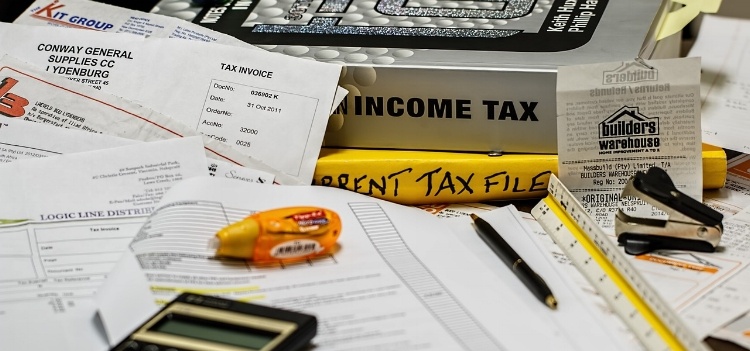
When setting up a business, many new business owners go head-first and ‘just do it’ without thinking about the future financial implications of setting up a company. The first step for any business is to choose what type of entity is appropriate for financial and legal purposes, whether that be as a sole trader, partnership, company, or trust. When assessing the right small business structure for you, there are three main considerations:
- What percentage of tax does the entity pay?
- Can the entity distribute any profits?
- Does it protect your other assets?
Sole Trader
A sole trader is a person trading as the individual legally responsible for the business. While it may make sense for some to set themselves up as a sole trader, they may actually pay up to 49% tax, which is a significant amount. Under this small business structure there is also no protection of your personal assets, which means you’re personally liable if anything goes wrong. This means that you could risk losing your hard earned money in the bank or even your house. If your spouse doesn’t work, it’s also difficult to transfer money to them to lower the tax paid under this structure. Being a sole trader truly exposes you and generally speaking should be avoided, if possible.
Partnership
This structure is a group of two or more people in business that distribute income or losses between themselves. The partnership doesn’t pay income tax on its profits. Each partner pays tax on their share of the partnership profit at the individual tax rate. Like the sole trader structure, each partner is personally liable if anything goes wrong.
Company
This is a very common structure for businesses, as it doesn’t put personal assets directly at risk (unlike being a sole trader). The tax percentage payable is also lower compared with a sole trader structure. Under a company structure, however, you cannot distribute funds to other entities.
Trust
Trading through a trust is a great way to go if it suits your business. It is a highly effective tax structure and it can also protect your assets. Unlike company structures, you can also distribute funds to 6 ‘others’, as described below:
- Family members – including your spouse, children, parents, parents-in-law, or any siblings who are tax residents of Australia can be distributed income. It works especially well if they are in a low income bracket.
- Charitable organisations – you can distribute money free of tax to registered charities and religious organisations.
- Super Fund – To get your personal tax down, you can distribute approximately $30,000 per annum to your super fund depending on your age. Super funds only pay 15% tax.
- A second business – if one of your businesses is making a loss, you can distribute money from one business to another and pay no tax on the amount being transferred.
- A company – by distributing funds to a company rather than paying 49% tax in your own name, there can be a significant tax saving.
- Your SMSF – to pay no tax on your investment growth.
By the way, your SMSF can also be used to provide a long term tax effective strategy if it owns your business premises. This is because if you are drawing a pension from the fund when you sell the commercial property, there is no tax payable on the assets that fund the pension (unless they exceed $1.6million beginning 1 July 2017).
Final Thoughts
At the end of the day, the aim isn’t to ‘not pay tax’ as businesses pay taxes as they are making money! The ultimate aim is to ensure that you make the most of the business structures available and ensure you don’t pay more tax than you should.
Tax considerations vary from structure to structure and by state, and change from time to time. Your accountant or financial adviser will be able to provide advice to help you decide which small business structure is right for you. Or contact your finance broker for a recommendation on accounting firms that will be able to assist you.